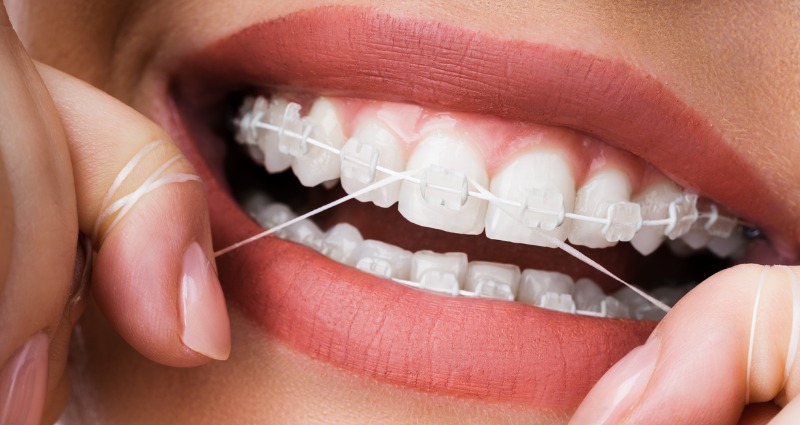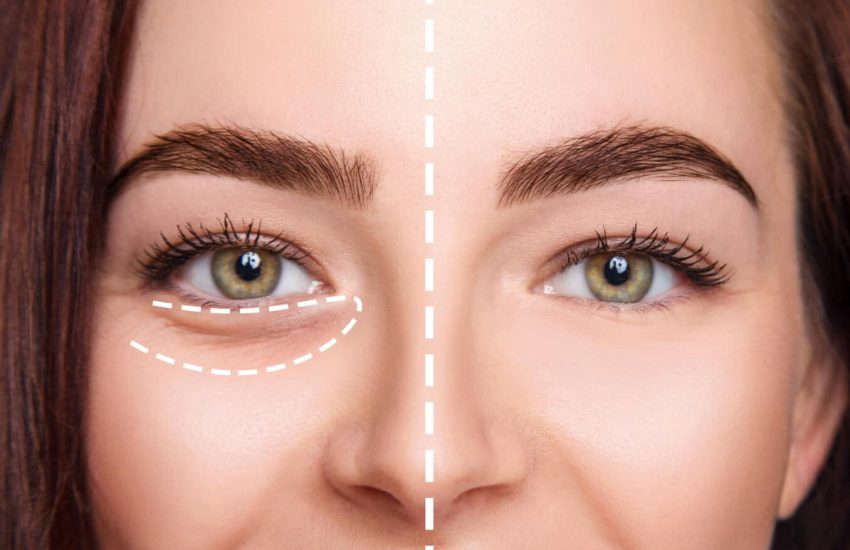What Occurs If You Do Not Floss?
According to studies, an overwhelming majority of adults do not floss regularly. However, there is a reason why your dentist recommends daily brushing. These repercussions of not flossing ought to make you reconsider skipping out on this vital daily practice. Brookline general dentist can help.
- Gum Disorder
Plaque develops between your teeth and gums if you do not floss. This can result in gingivitis, the initial phase of periodontal disease. When you have gingivitis, your gums become red, swollen, irritated, and bleed readily when you brush. Plaque can accumulate further if left untreated, causing infection of the gums, teeth, and even the bone which supports the teeth and gingival tissue.
- Poor Breath
Bad breath (or halitosis) is one of the most embarrassing consequences of not flossing. It is caused by inadequate dental hygiene. While eating, food particles become lodged between the molars. If you do not floss to remove these particles, they can cause poor breath and a buildup of potentially harmful bacteria in your mouth, which can lead to more serious issues than just bad breath.
- Absence of Teeth
If you fail to floss and develop periodontal disease, your teeth may become loose, fall out, or even require extraction by a dentist. By flossing daily, you eliminate the plaque and bacteria that attack your gums, teeth, and bones and greatly decrease your risk of tooth loss. It is also essential that you acquire the early symptoms of periodontal disease so that you can seek treatment as soon as possible.
- Gum Recession
Indicative of gum disease, gum recession occurs when the gums draw away from the teeth, exposing the tooth root. This results in dental sensitivity and the formation of pockets between the tooth and gum line. These small spaces are the ideal habitat for microbes that cause disease.
- Pneumonia
When your mouth is contaminated with bacteria and other pathogens, you run the risk of disseminating them to the rest of your body. When inhaling these pathogens through your pharynx, you transport the infection to your lungs, which may lead to pneumonia or other severe respiratory infections.
Not flossing is also linked to dementia, brain abscesses, diabetes, kidney disease, ulcers, and complications during pregnancy.
To minimize your risk of contracting any of these serious conditions, it is crucial that you practice excellent oral hygiene. Be sure to brush twice a day for two minutes, rinse with mouthwash, and floss at least once a day, particularly at night, to remove food particles that have accumulated in your mouth throughout the day. Regular dental exams and cleanings are also vitally essential for oral health.




